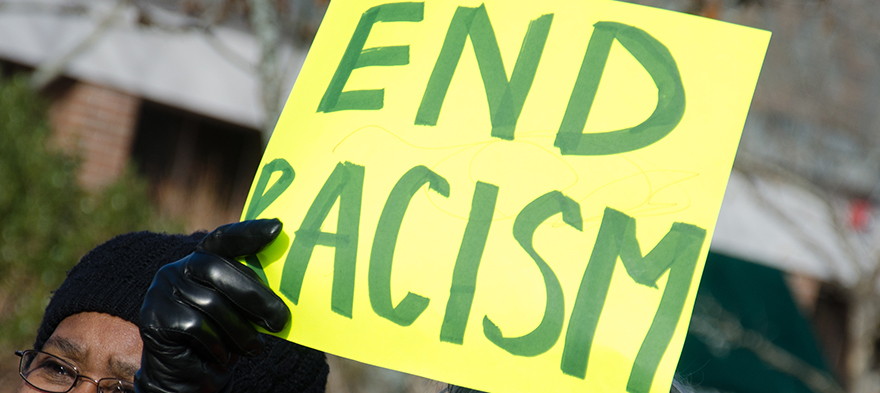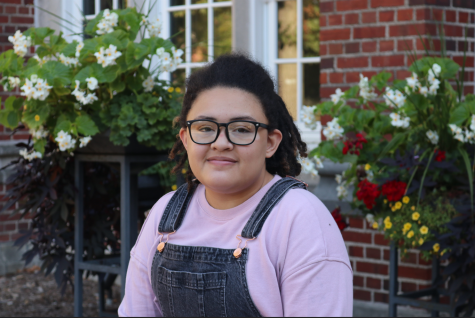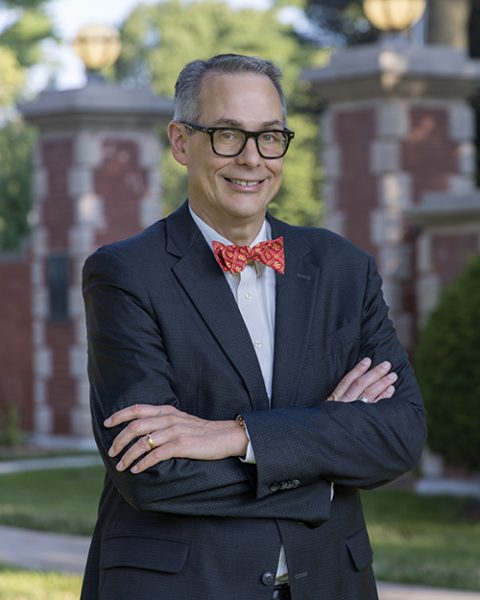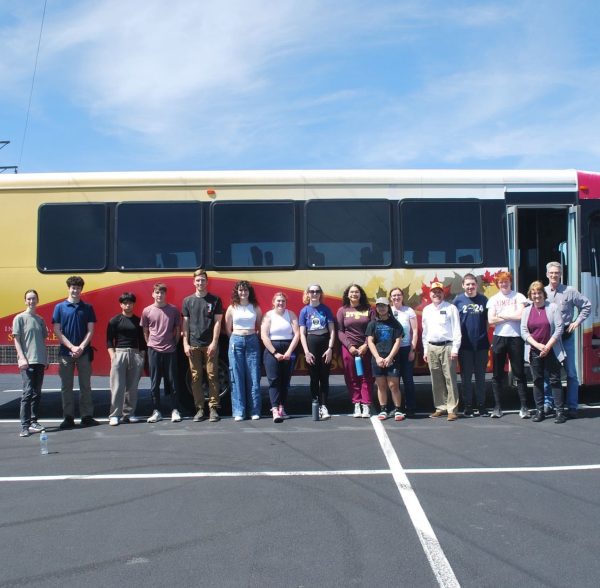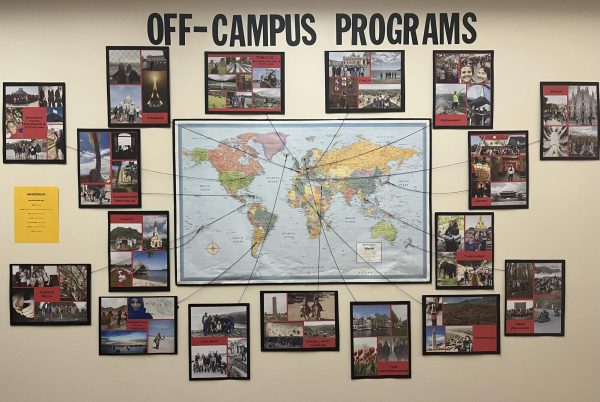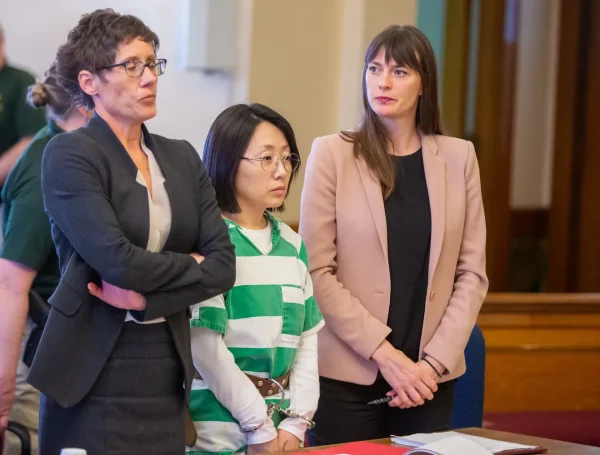‘I’ve always felt like students of color were targeted,’ AAPI students speak out after Atlanta spa shooting.
Stop AAPI Hate, a nonprofit organization, said that its reporting center received 3,795 incident reports between March 19, 2020, and Feb. 28, 2021, with each documenting various forms of discrimination.
April 7, 2021
Following the 2021 Atlanta spa shootings and the publication of Stop Asian Hate’s national report, students at Simpson College share their experiences as Asian Americans and Pacific Islanders (AAPI).
On March 16, eight people were killed and one wounded after a mass shooting at three spas in Atlanta, Georgia. The victims’ names were Xiaojie Tan, Soon Chung Park, Suncha Kim, Yong Ae Yue, Daoyou Feng, Hyun Jung Grant, Delaina Ashley Yaun Gonzalez, Elcias R. Hernandez-Ortiz and Paul Michels. While the shooting itself has not been classified as a hate crime, it comes at a time when anti-Asian and anti-Pacific Islander discrimination has seen a sharp increase since the beginning of the pandemic.
Maxie Saceda-Hurt, a health and exercise science major, said her experience at Simpson as a Filipino-American has been decent. Physically, Saceda-Hurt said, she differs from what her white peers may consider being Asian. But with the rise in anti-Asian and anti-Pacific Islander discrimination, she still has concerns for herself and her family.
“It makes me worry,” Saceda-Hurt said. “My grandmother, full Filipina, is a very strong woman. It frightens that someone may react to her badly because of her cultural differences. My great-grandmother—half Japanese, half Filipina—has gone through many more racial injustices. It worries me that my grandmother and family may go through these injustices. However, since I or my family physically have ‘Asian characteristics’ or stereotypically look Asian, we still undergo some forms of injustice.”
In a national report published Mar. 16, Stop AAPI Hate—a nonprofit organization created in response to increasing anti-Asian and anti-Pacific Islander discrimination during the coronavirus pandemic—said that its reporting center received 3,795 incident reports between March 19, 2020, and Feb. 28, 2021, with each documenting various forms of discrimination. According to the report, over 60% of harassment incidents were verbal; reports of shunning (20.5%), physical assault (11%), civil rights violations (8.5$) and online harassment (6.8%) were also listed.
For senior Melanie Gillet, these incidents of discrimination have meant taking increased security measures. For example, she makes sure she is never alone, especially at night, though she says she would also like for Simpson College administration to take a more proactive approach. Previous experiences and lack of a statement in particular raise concerns for her.
“My sophomore year of college, I was on SGA [the Student Government Association], and I was working on a project for security cameras,” Gillet said. “My goal was to protect students from any type of harassment, stalking or any type of threatening actions within the residential dorm areas. Later on that semester, there was a news story that came out of Buxton Hall.”
In Feb. 2019, a campus-wide email was sent to inform Simpson students, faculty and staff that a sexual assault was reported to the Title IX Coordinator. According to the email, the student—who was not named—said the assault happened in an unknown room in Buxton Hall in the early morning of Sunday, Feb. 17 and involved multiple unidentified perpetrators. With the surge in hate crimes against Asian Americans and Pacific Islanders in the last year, Gillet said she hopes the Simpson administration will take the safety concerns of students, especially students of color, seriously sooner.
“I’ve always felt like students of color were targeted,” Gillet said. “And I do get scared to be alone or walk by myself on campus, especially at night. But I think it’s also the lack of response from the administration that makes me feel like this is an issue they’re not taking seriously. I’m trying to measure out my safety and trying to work around being alone, but the administration hasn’t even released a statement or any type of confirmation this is a real thing that’s going on and that they support Asian American communities and their students.”



